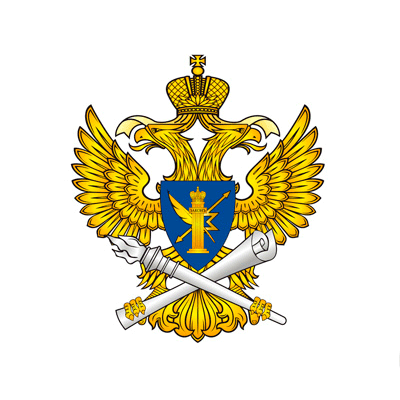The Cold War ended decades ago, but the tensions between the two superpowers persist.
Spying in the modern days can happen beyond traditional espionage where individuals must travel thousands of miles to get to their source of information.
With the internet, global communication travels inside undersea cables, providing the ease of information transaction, as well as spying.
While the internet has been mostly focused on western countries with the many internet companies thriving there, Russia itself has been using the internet to advance its own interest.
And here, the country has become increasingly concerned about other countries, especially the U.S., in deploying tactics against it. To anticipate this, it is preparing to disconnect itself from the regular internet by changing how internet in the country is handled in the backend.
To do this, Internet Service Providers (ISPs) in the region are preparing to test a system that would re-route all web traffic in Russia.

Here, the experiment is to provide feedback and gather insight on how Russia's national intranet would perform if severed from the main internet backbone.
The goal is to ensure Russia's own ISPs can continue to function even if they are disconnected by a foreign aggressor. This is done by making access between Russian citizens and organizations to stay inside the country rather than being routed internationally.
But if the internet traffic really needs to leave Russian soil, it is forced to go through registered exchange points, subject to regulation by Roskomnadzor.
This "Digital Economy National Program" calls on Russia to develop its own form of the internet's address system (DNS). Here, the 12 independent organizations that manage these servers aren't located inside Russia, but since the copies of the core address books are, Russia could stay connected despite "disconnecting" itself from the internet.
According to the news, Russia aims to re-route all of its internet traffic to its private network, similar to China's Great Firewall, where popular websites are banned and internet use is heavily monitored.
The move has been in the works for years, when Russian officials announced plans to route 95 percent of all Russian internet traffic inside the country by 2020. It is intended to seal Russia off from potential incoming cyberattacks.
The experiment is overseen by Russia's Information Security Working Group, with members that include Natalya Ivanovna Kasperskaya, the co-founder of Kaspersky Lab, which faced backlash in the west over allegations that the Russian government used Kaspersky Lab products to spy on people's computers.
Initially, none of Russia’s ISPs disagreed with the law, but they’ve argued that its implementation can cause major disruptions to Russian internet traffic.
Being cut off from the internet can severe many business in the country, and even a brief disrupting on a nation’s online activities can cost its economy billions of dollars.
The law “has good goals, but the mechanisms for its implementation raise many questions and disputes," said Kasperskaya.
Roskomnadzor already maintains a “blacklist” of banned apps and websites that are prohibited in the country.
